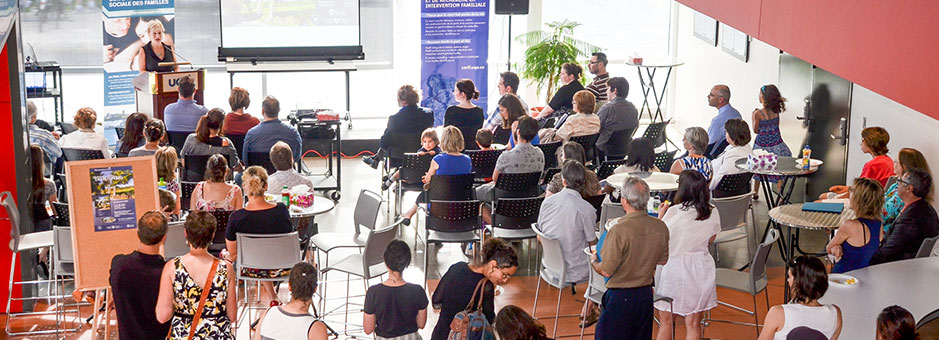We know that fathers do not receive the attention and services they need. It is essential, in order to support paternal involvement and with a view to developing promotion and prevention services for the psychosocial health of fathers and their families, to improve our understanding of how fathers experience these reproductive challenges, of their needs, and of the services required.
The originality of our Team's programming is based on four innovative elements:
1) a focus on fathers' psychosocial health from a developmental perspective, at a time when scientific knowledge and interventions have traditionally focused on mother and child;
2) a triangulation of views on fathers' psychosocial health (fathers, mothers, children, grandparents, and care providers) and methodologies (quantitative and qualitative);
3) the "salutogenic" approach, which focuses on fathers and families who succeed in achieving salutogenic health, despite contexts of vulnerability linked to procreation and parenthood;
4) a focus on fathers dealing with personal or contextual characteristics that are still poorly understood.




